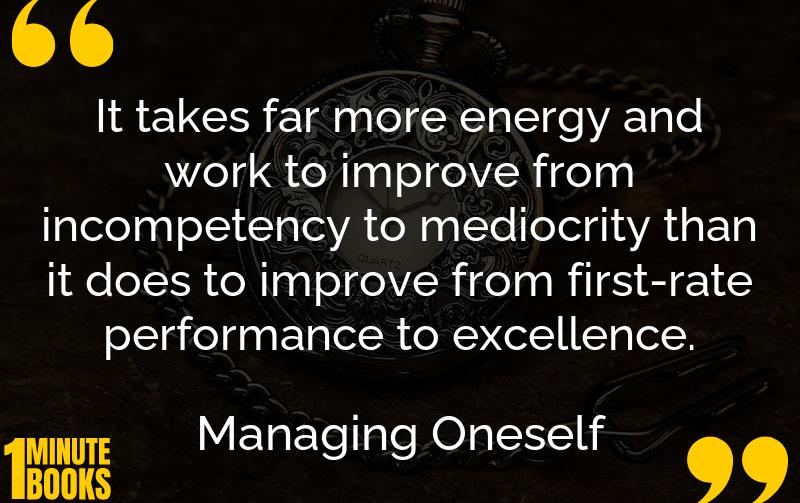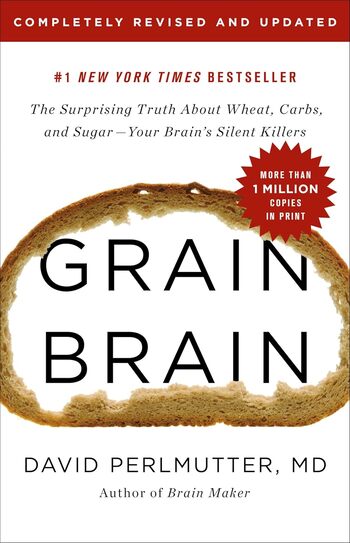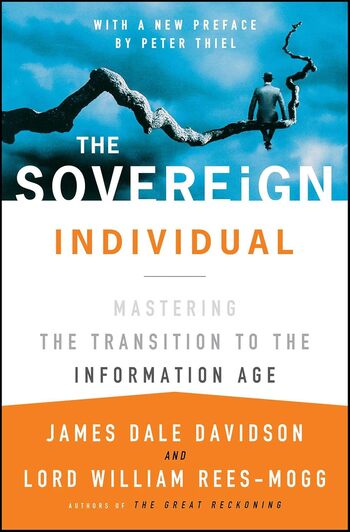
Peter Drucker’s ‘Managing Oneself’ guides readers on self-awareness and personal effectiveness by identifying strengths, aligning values, understanding optimal performance, and seeking meaningful contributions.
Main Lessons
- Discover and enhance your strengths through feedback analysis to identify where your true capabilities lie.
- Optimize your performance by recognizing whether you’re a listener or a reader, and adapt your learning style accordingly.
- Ensure your personal values align with your organization’s to maintain motivation and job satisfaction.
- Find where you belong by integrating your strengths, values, and optimal performance style to excel in your career.
- Focus on making meaningful contributions by analyzing what the situation requires and how your strengths can make an impact.
- Measure what matters: Set achievable, realistic, and visible goals for effective management and progress.
- Cultivate strong relationships by recognizing the unique strengths and values of others and engaging with them openly.
- Consider a second career or side hustle post twenty years to continue learning and contributing meaningfully.
- Balance is pivotal in setting goals that challenge yet remain achievable, contributing to personal and organizational growth.
- Understand that modification of one’s work style is feasible but changing it entirely is improbable.
- Success comes from dedicating resources to transforming a competent individual into a high-caliber performer.








